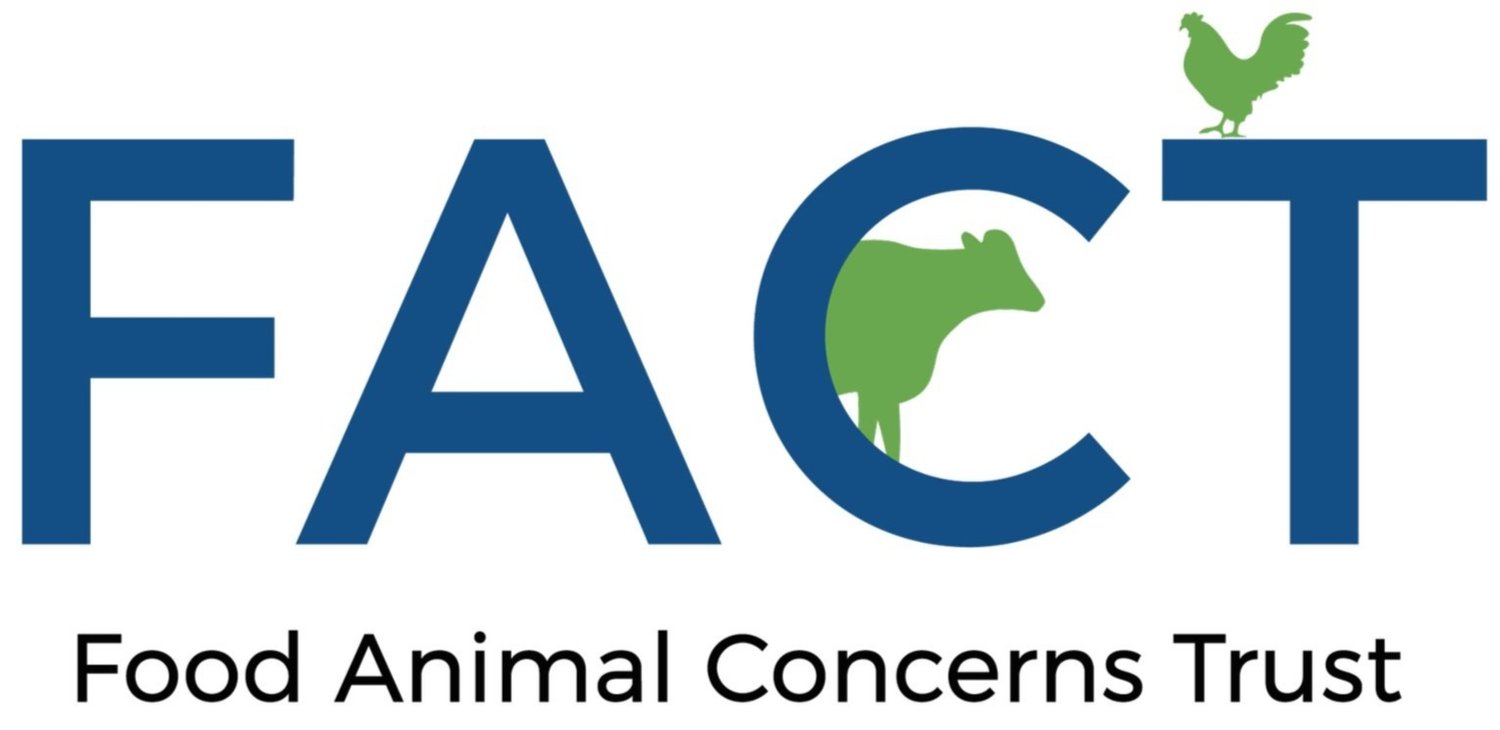FDA is Missing the Mark on Collecting Antibiotic Use Data on Farms
By Madeleine Kleven, Safe and Healthy Food Program Associate
Better data on how antibiotics are used on farms is needed to guide efforts to reduce overuse and to measure how well those efforts are working. This is important because antibiotic overuse in both animals and people is the primary driver of the spread of antibiotic resistant superbugs that cause difficult to treat illness in people and animals. Resistant superbug infections already cause up to 162,000 deaths a year in the U.S. and are a leading cause of death globally. With resistance on the rise these numbers are only going to grow.
Right now, we only have national sales data for antibiotic use on farms and feedlots which paints a broad picture of what antibiotics are used but does not let us know why the antibiotics are used. The information we have on which animals are receiving them are from estimates by drug makers, rather than actual measurements. The federal government has recognized for over twenty years that it needs to collect better data on how antibiotics are used in food animals but despite several pilot projects has never put a data collection system in place. The U.S. Food and Drug Administration (FDA) is now considering creating a public private partnership to collect these data. We think this is a terrible idea that will further move FDA away from its primary mission of public health towards protecting the financial interests of the drug industry and the factory farm system.
The FDA is partnering with the Reagan Udall Foundation to develop the private public partnership. A public private partnership means that a government agency will work together with private businesses on a joint project. In this case, the proposal is that the animal agriculture industry itself will collect data on how antibiotics are used in farm animals with participation on a voluntary basis and then share that data anonymously with the FDA who will then analyze it and make it public.
The biggest problem with this approach is that it is unlikely that the factory farms - that are overusing antibiotics the most - will be willing to voluntarily participate because it will make them look bad and potentially lead to more regulation. A voluntary system is almost always going to have biases and not be statistically representative of an entire system. The United States Department of Agriculture (USDA) has continuous and ongoing challenges related to low response rates (close to 20%) for their surveys on farm antibiotic use, especially in swine. In terms of antibiotic use data collection, which addresses a controversial issue for livestock producers, it is unlikely that participation will be high and unlikely that those that participate will actually represent all farms since the highest users of antibiotics likely will not join.
The other problem with a public private partnership approach is that it will give the factory farm and animal drug industry too much control over what type of information will be collected and reported. Since it is their system they can choose the questions to be asked and how data can be reported. We have already seen this in data collected by the U.S. Department of Agriculture (USDA) which does not collect information on how much antibiotics are used for disease prevention versus disease treatment and failed to report the reason for use of one of the most commonly used antibiotics in cattle. Information around preventive use is important because public health advocates have called for a prohibition on the use of medically important drugs to prevent disease because it leads to antibiotic resistance. Data showing how much antibiotics are used for prevention would be helpful for those of us calling for restricting this use. It is unlikely that the factory farm industry will support collecting and reporting this type of data and it is not currently reported in USDA surveys of farms or an FDA pilot on data collection.
FACT rejects the proposed approach and is calling on the FDA to instead begin collecting available antibiotic use data from feed mills. Existing rules require the feed mills to keep these data and make them available to the FDA for inspection. California already collects these data from animals raised in the state and has shown it is a good source of data on how antibiotics are used. We hope to see the FDA establish a system where representative data can be collected that will help to curb the significant overuse of antibiotics currently contributing to the antibiotic resistance crisis.
If you would like to read FACT and the Keep Antibiotics Working coalition’s comments submitted to the FDA in response to the proposed report, please follow this link.
